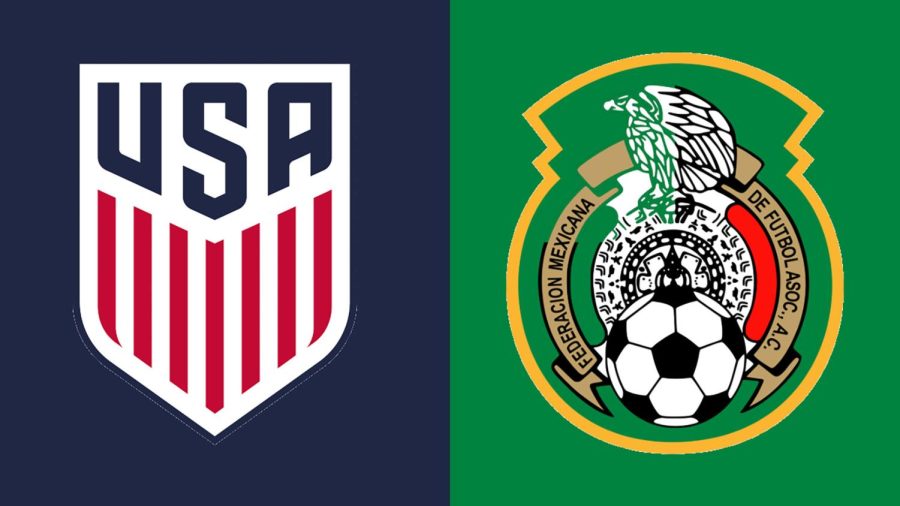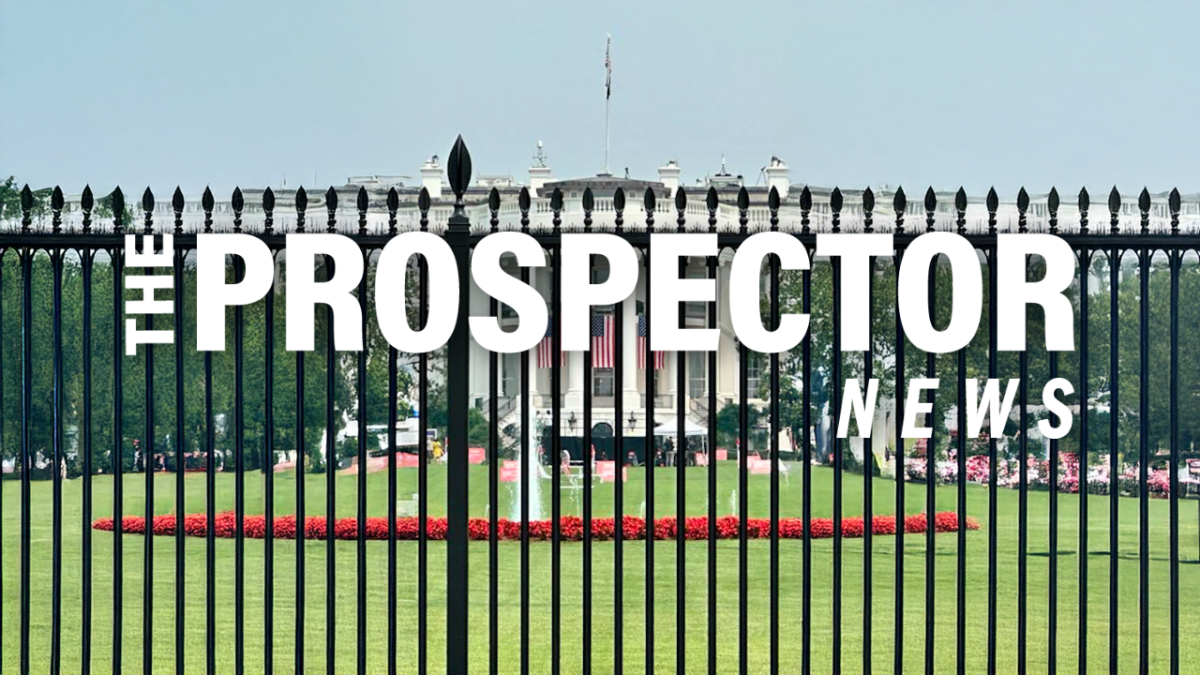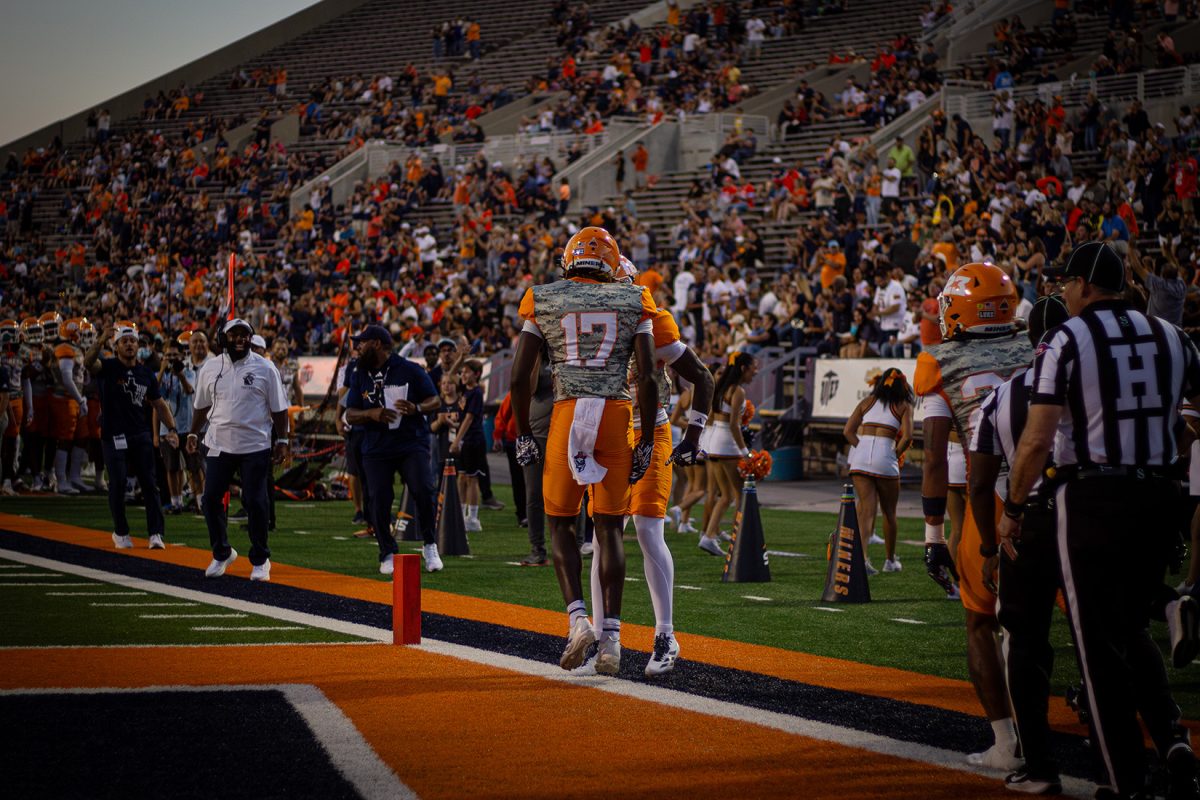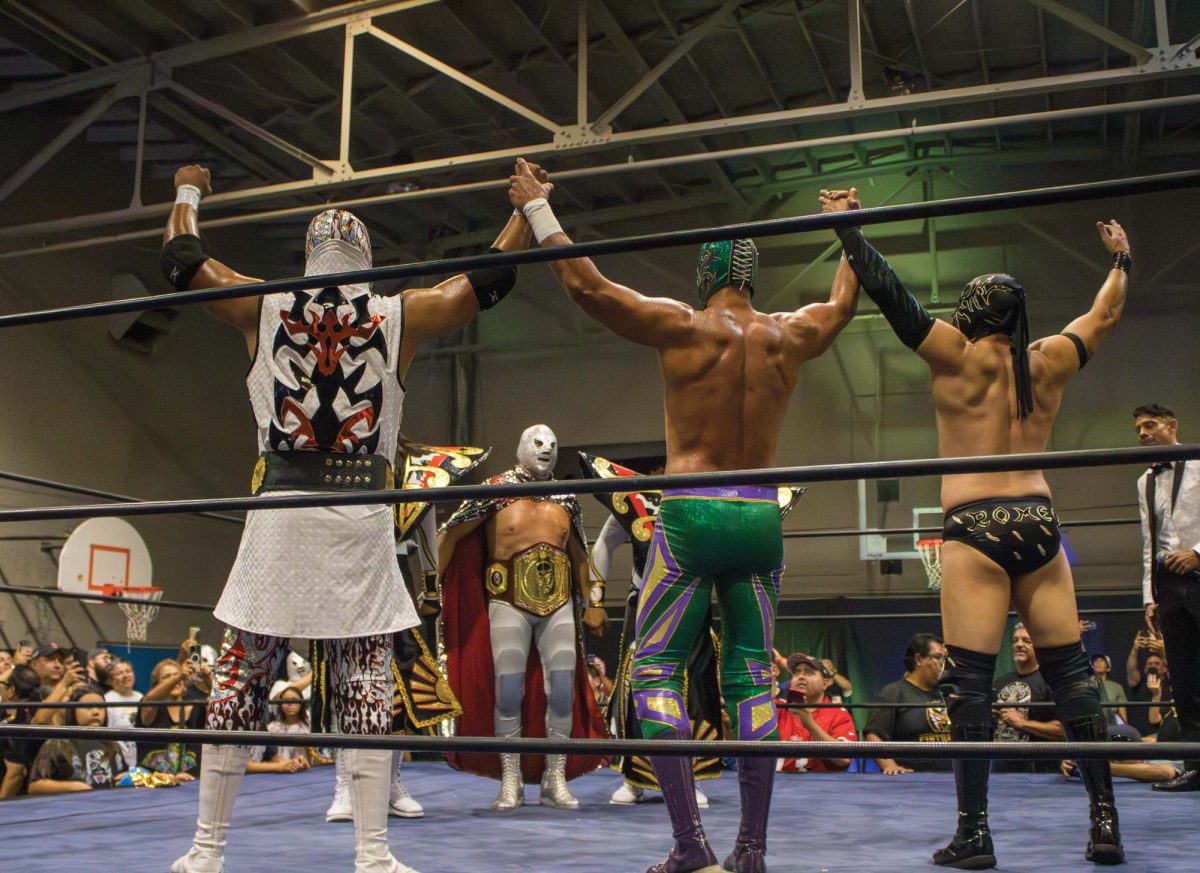On June 15th, the soccer semifinals nations men’s league for the Confederation of North, Central America and Caribbean Association Football (CONCACAF) was played. Mexico against its all-time rival, USA was set to play in the Allegiant Stadium located in Las Vegas.
Unfortunately, despite the decades of friendly matches and professional experience, the match ended in disaster, having over 17 fouls, 9 yellow cards and 4 red cards (two from each team). Disorderly conduct between players Sergio Dest from the United States and Gerado Arteaga from Mexico, resulted in them both earning red cards and being immediately kicked out of the game. Additionally, US player Weston McKennie had his jersey torn by the constant altercations between the teams.
To add insult to injury, the referee had to abruptly end the game during overtime, as the crowd began to chant homophobic chants from the bleachers. A statement from the Concacaf read:
“Chants heard during the game led to the activation of the anti-discrimination protocol by the match officials. Additionally, security staff ejected several fans for engaging in unacceptable behavior in the stadium.”
“These incidents were extremely disappointing and tarnished what should have been a positive occasion to showcase high quality football in our region.” The statement added.
The game ended with a crushing defeat for Mexico 3-0, allowing the USA to advance to the final with Canada.
As for the disastrous night, it would not be the first time Mexico has been called for such unprofessional displays. In fact, the country has garnered a reputation for having a difficult crowd to host during the World Cup. Famously, during the 1998 France cup, a drunk fan peed on the fire resting on the tomb of the unknown soldier in Paris, extinguishing the centuries old fire.
In Japan 2002, they pulled the emergency brake on a bullet train. In South Africa 2010, they disrespected a Nelson Mandela statue by putting a poncho and sombrero on it. Among many other portrayals of misconduct, most recently it has gained controversy for the “homophobic” chants the crowds do to distract the players on the field.
While the literal meaning of the words can be used in a homophobic way, it is important to remember the crowd does not mean ill intent on members of the LBGTQ+ community. It is used simply as a passionate and slang form of demoralization for the opposing team. Unfortunately, this has led to angst confrontations between fans, and frustration with international players, who lack the cultural context. This has put FIFA in a difficult position as they have tried to fine Mexico for this behavior, but fans have grown so accustomed to the chants, they are even other countries’ crowds have begun using it, without knowing the full context.
Since there is no easy solution to the problem, only time will tell whether this kind of heavy humor could remain in the soccer world, or if the fans will learn to move past it. Considering how popular soccer is and how passionate fans can be, it could be well into the future.
Eugenio Cantu is a contributor and may be reached at [email protected].











